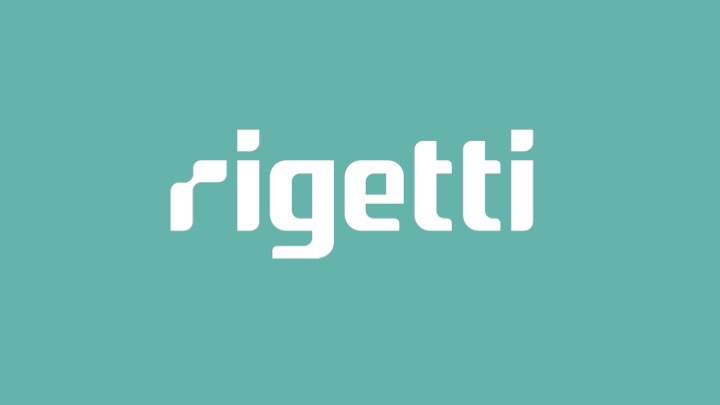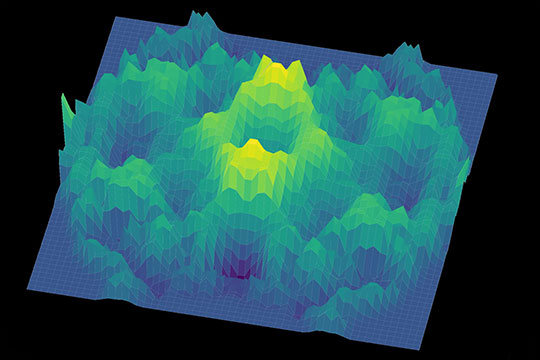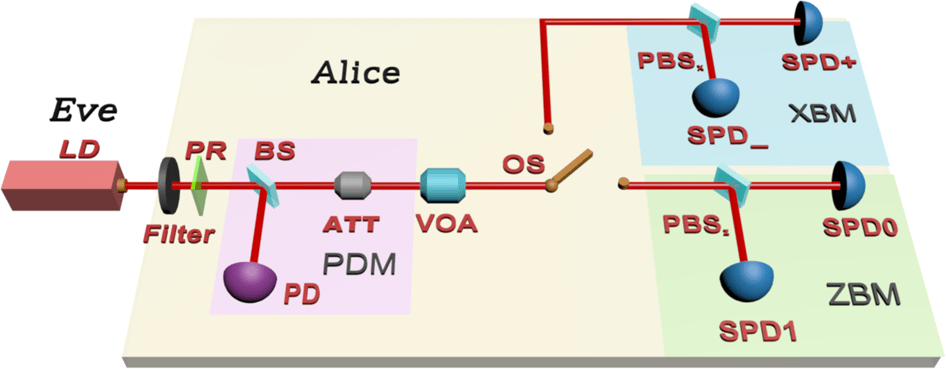Rigetti and Zapata Computing announced a new phase in their long-standing partnership: the companies are developing an industry-first compilation toolchain explicitly designed for hybrid quantum-classical algorithms.
As part of the work, Zapata will integrate Orquestra, its unified platform for building and deploying quantum-ready applications at enterprise scale, directly with Rigetti’s Quantum Cloud Services (QCS). The integration provides access to Rigetti QPUs, including the company’s recently announced 80Q Aspen-M system. This new, full-stack combination is designed to optimize access to the new device and speed up execution of hybrid applications.
Specifically, this new collaborative effort aims to build a compiler stack that optimizes code for the feature sets of both the quantum and classical hardware within a hybrid loop. Based on modern LLVM compiler technology, the toolchain will enable users to run end-to-end hybrid quantum workflows that incorporate a variety of classical hardware. The companies expect the integrated workflows to help speed up computations on the Orquestra platform.
Hybrid infrastructure that leverages quantum computers operating in tandem with classical computers over the cloud has become the predominant quantum computing framework for developing and running practical application workflows. However, many popular quantum software tools address only the quantum portion of a hybrid algorithm and are often optimized for a specific hardware backend. The Orquestra/QCS integration targets this common issue so enterprises can benefit from an end-to-end compilation pipeline that is optimized for quantum sampling and quantum machine learning applications.
The companies expect the compilation toolchain to be available to Zapata customers and Rigetti Quantum Cloud Services users in Q2 2022.



